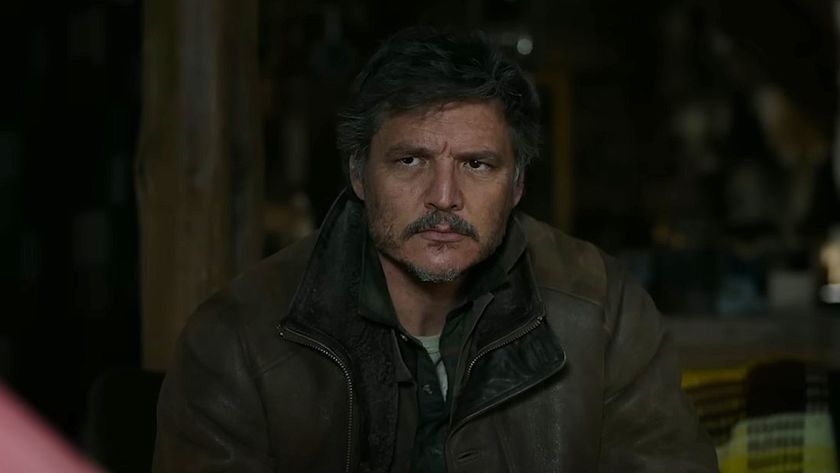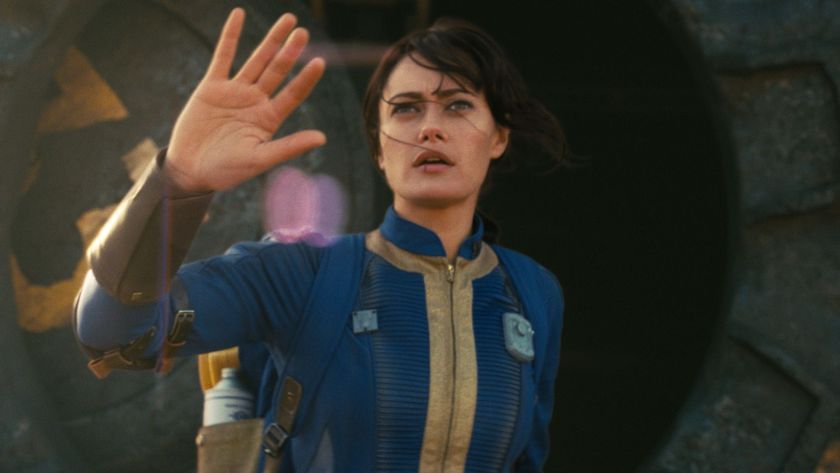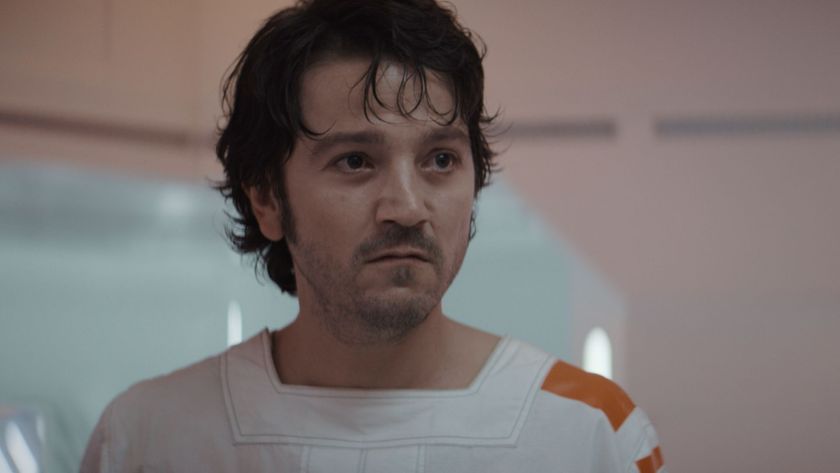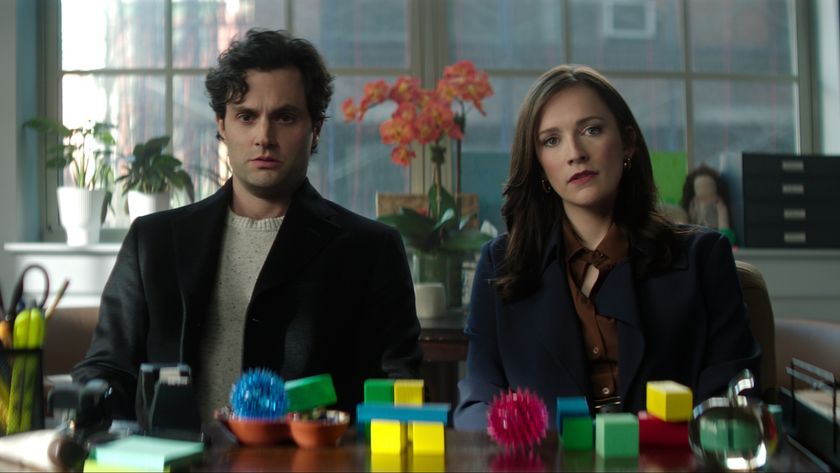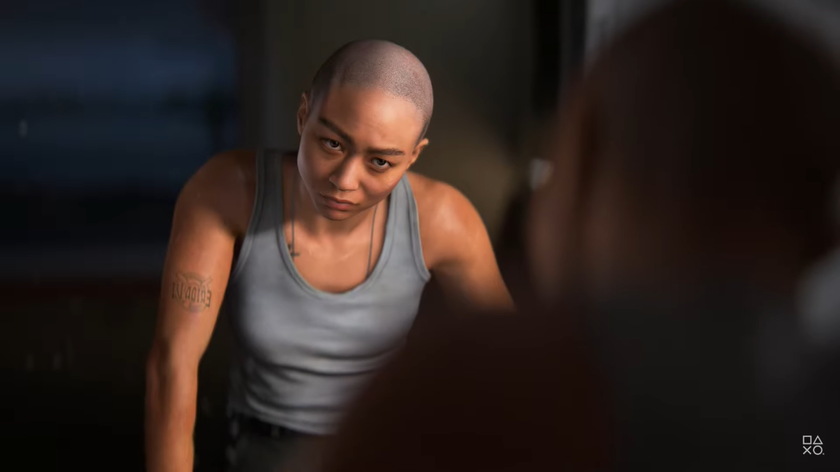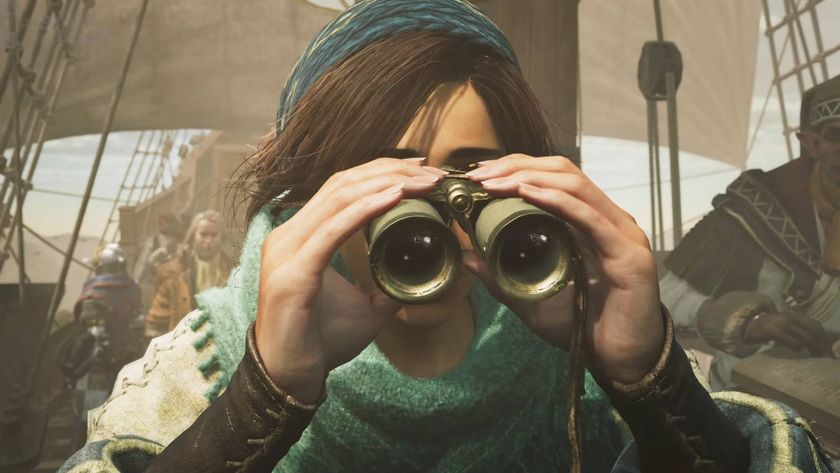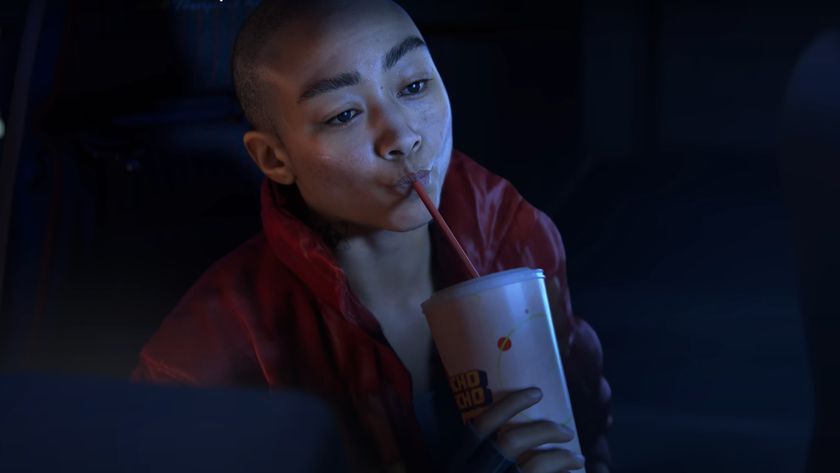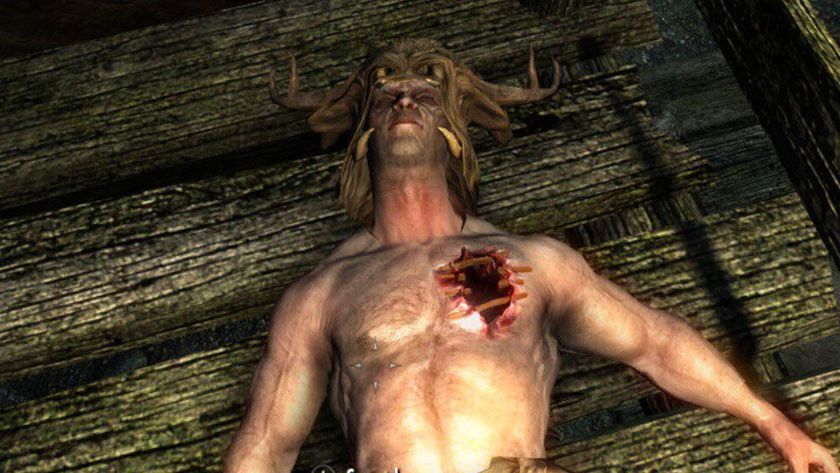
So what are you up to in LA? Can you talk about it?
“I’m going to be slightly vague, just because of the nature of these things. It’s working for Worldwide, for Worldwide to become a studio out there. It’s payback time, I think. Worldwide and the BBC have supported us so well that it’s really in their interest then to get stuff into American studios. They’ve got a huge hit out there with Dancing With The Stars, which is Strictly Come Dancing. That’s just the start of their ambitions. They want dramas, they want everything. So I’m out there developing stuff for them with Julie and Jane Tranter. You know what it’s like with development, it can take five years to get something made…”
Are they dramas based on existing properties?
“I wouldn’t do that, but that’s part of the push. Everyone knows that Gavin And Stacey is being reformatted out there. In the papers the other day they mentioned Butterflies! And a fully Americanised version of Holby. But I wouldn’t be interested in reinventing a show like that. I like developing new stuff. It could be co-productions with the BBC. And also with money haemhorraging everywhere, it’s the future anyway, you pay half and we’ll pay half. Everyone gets budgets for half-price. So you get proper co-productions. But getting the BBC – not Worldwide – to liaise with an American studio is like VHS and Betamax! And I know who Betamax is… It’s really going to be interesting and fascinating. But if anyone’s in a position to do that it’s me and Jane and Julie because we know the BBC backwards. We know all its strengths and weaknesses, and we know Worldwide, because we’ve worked with them so often on Doctor Who. I’m not saying we’ll succeed, but we’ll have a good try. It’s just an adventure. It’s simply that Doctor Who is so massive and so brilliant and to be blunt, I could go and get a six-parter for ITV tomorrow, and I will one day, but that’s what I was doing before. I thought ‘Why go backwards?’ Why not take all the stuff you’ve learned on this show about marketing and branding - and actually there’s no other show in Britain to do that on, there simply isn’t, there’s nothing that big, and never will be. So simply a chance to do that. And then in a few years I will be dying to do a six-parter for ITV, and I will come back and do that. There’s no way I’m moving out there permanently. It’s too f**king hot!”
How do you find it personally? People always say that it’s a vacuum over there for British people creatively.
“No, it’s not. People are just snotty about it. Telly people are clever, telly people over there are dead sharp… I could talk about this forever. It’s fascinating to watch this stuff. It’s a completely different thing to watch it on transmission than it is to watch box sets. I love Flash Forward, it’s a great show, it’s going out at 10 o’clock on Five over here… last episode, lovely great big strong lesbian story in there, lovely upfront relationship. Fascinating, in America – that’s going out at 8 o’clock at night. If you ask people over here they say, ‘Oh, there are no gay stories over here,’ but there are masses of them, and they’re transmitted at 8 o’clock. We just survive culturally by imagining that we’re better than America in our oppression, and actually it’s so misconceived. I’m watching the cop shows and the crime shows, and I’m years from making any definite conclusions, and maybe any definite conclusions will be nonsense, but I can absolutely tell right now that at the top level, their best writing is no better than our best writing. But what is fascinating is that at the bottom level, their worst writing is far better than our worst writing. It’s more structured, it’s more clean, they know what they’re doing. So a piece of rubbish on American TV is much better made than a piece of rubbish on British TV.”
Do you think that’s due to the system? The writing room and all that?
Sign up to the SFX Newsletter
Get sneak previews, exclusive competitions and details of special events each month!
“It’s not just the room. It’s simply that it’s a proper job out there. Writers in this country are still slightly embarrassed about saying ‘I’m a writer, it’s part-time, it’s a hobby…’ And even when they’re working very hard, Frank Cottrell-Boyce said this, the writers actually want to go home to the pub, and home to the attic. And in America they want to be on set making the show. It’s literally a different approach to it.It’s a more professional approach, a more real approach. It’s less mystical, and more hard work. And that’s a very American ethos, hard work. And of course it has its faults. I’m absolutely not saying that it’s a perfect system. I’ve discovered the faults in it as well as the strengths. But it’s amazing just to see how everything is designed to succeed. Which doesn’t mean that it does succeed – things could fall apart, and it’s always an imprecise science, but that’s not true of British programmes. A lot of them can apologetically slide on air with a bit of a shrug saying ‘Oh well, we tried’. And I love that hype. That stuff is expensive and it’s designed to be seen.”
The scythe falls very quickly, though.
“Yes, it does. I’m just getting used to that transmission pattern. Supernatural will have been on for five weeks and now it’s having a break! What? How stupid is that? And then you watch the other channel not having a break and stealing all their viewers! It amazes me. Let’s have a great night on ABC, let’s show Flash Forward on a Thursday night, Friday night – all repeated! Can you imagine that on BBC One? We’re showing Thursday night again! British telly would never do that. We’d have new programmes on. And yet, when you’re sitting there, you get used to it. You’re sitting there on the Thursday thinking, ‘Oh, I could watch it tomorrow!’ It’s amazing how quickly you get used to these different rhythms.
"One area in which I think our television is better is the horrific hour between 7 and 8, which is their entertainment shows, because it’s such a showbiz culture. There’s an hour of Entertainment Tonight and a ruthless, vicious showbiz show called The Insider, which is vile and yet vastly watchable. And you think, 'Actually, I’m glad we make Emmerdale in this country.' Because that’s actually a nobler pursuit than making these shows! But it’s fascinating to watch. It’s not as simple as transplanting that culture into our culture. People in this country always say, ‘Oh, you should bring the writer’s room over here…’ Well, you could never afford it, don’t even talk rubbish, it’s never going to happen. It does happen on certain sitcoms and they’re rubbish. When we do it over here we get students in to do it – I’m glad that they can do it on air, but it doesn’t raise the standard of writing at all. I had dinner with Jane Espenson, and they have misconceptions about American television as well. You’d be surprised at how many writers there are dying to come here. To them, to write six hours is a joy – no, we don’t have to do 22 hours, we can do really small, authored pieces.
"And it’s interesting, because someone like Jane Espenson, if she was British, by this stage in her career she would have had seven or eight authored shows of her own, with her own titles, and yet, brilliantly, the great misconception, and I do love her for saying this, she says, ‘Oh, I do envy that system, where you get six hours of television. It must be so nice to start production with all your six scripts sitting there!’ Well, hold on a minute – you’re lucky if you’ve got two sitting there when you start! She was amazed to realise that it was the same kick-bollock scramble over here that it was over there. Some things don’t change. It’s probably only of interest to me in the end, affecting the way that I write, and I can’t see that changing… I certainly have to deliver more treatments and more structured breakdowns and things like that, which I’m lucky enough to get away with not doing in this country. But I can do that. I’m not worried about that.”
How long will you be over there?
“A few years. I’ll always come back in the end. It’s good timing, because everything is collapsing. It’s a recession in America right now, but a recession in American television is still 50 times the size of what’s happening here. They’re all complaining, saying that there’s no work, but if you look at the output you think there’s masses of work, it’s enormous. There’s a lot of ambition out there as well. It’s hard, because I don’t know to what extent I’d ever get a network show out there. It’s a bit disingenuous to think I’m going out there as a complete novice because the American version of Queer As Folk ran on Showtime for five years. That still opens doors. And they’ve heard of Doctor Who and Torchwood, of course. It’s really interesting. I can’t tell where it’s heading, but I’m really glad that I’m doing it.”
SFX Magazine is the world's number one sci-fi, fantasy, and horror magazine published by Future PLC. Established in 1995, SFX Magazine prides itself on writing for its fans, welcoming geeks, collectors, and aficionados into its readership for over 25 years. Covering films, TV shows, books, comics, games, merch, and more, SFX Magazine is published every month. If you love it, chances are we do too and you'll find it in SFX.

